detail profile carlos francisco
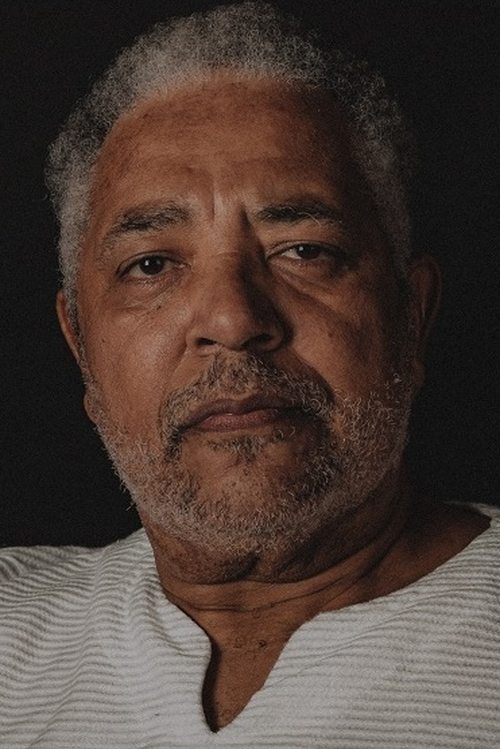
Riwayat Hidup
Carlos Francisco is known for Bacurau (2019), A Strange Path (2023) and Mars One (2022).
Info Pribadi
Peran Yang Di Mainkan Carlos Francisco
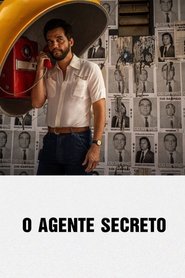 Brazil 1977 Marcelo a technology expert in...
Brazil 1977 Marcelo a technology expert in...The Secret Agent 2025
Brazil, 1977. Marcelo, a technology expert in his early 40s, is on the run. He arrives in Recife during carnival week, hoping to reunite with his son but soon realizes that the city is far from being the non violent refuge he seeks.
 Suuarana is the name of a...
Suuarana is the name of a...Suçuarana 2024
Suçuarana is the name of a mythical place, a lush landscape that appears in the weathered photo of her mother that Dora carries with her always. Dora has been on the road for a long time, hitching rides through Brazil’s mining region in search of her family’s homeland. But no one seems to know this place, seemingly lost to time. And the open road can be troubling for a woman traveling alone, as the generosity of strangers is suddenly eclipsed by danger. After an accident, Dora seeks refuge in an abandoned factory; there, a group of workers have formed a village and a community bond that feels akin to the home Dora searches for, if just for a moment.
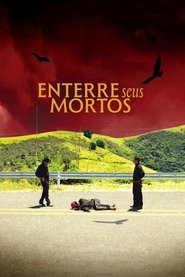 Edgar Wilson a roadkill collector in...
Edgar Wilson a roadkill collector in...Bury Your Dead 2024
Edgar Wilson, a roadkill collector in rural Brazil, dreams of escaping his small-town existence with Nete, the love of his life. When Nete decides to join her family in an apocalyptic cult, Edgar finds himself at a crossroads. With the world on the brink of destruction, Edgar and his unlikely companion Tomás – a disgraced and excommunicated priest – embark on a dangerous road trip through a landscape plagued by chaos and despair.
 The young Jimena searches for her...
The young Jimena searches for her...Canção ao Longe 2023
The young Jimena searches for her identity. The film follows the life of the young woman with her mother and grandmother, white middle-class women, and the exchange of letters with her father, a foreign and black man, whom the young woman resembles. Seeking to free herself from the feeling of inadequacy, Jimena rewrites her family relationships and creates other ways of experiencing love, friendship and work ties. Through her eyes, the film considers questions about class, family, tradition, race and gender.
 A redlight district in Belo Horizonte...
A redlight district in Belo Horizonte...Guaicurus Street 2022
A red-light district in Belo Horizonte, Brazil. The camera is admitted into a "running house". Love for sale looks like a routine, dreary assembly line exercise here, sometimes almost like a comedy.
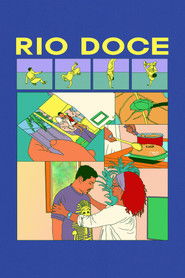 Under pressure from a back pain...
Under pressure from a back pain...Sweet River 2021
Under pressure from a back pain and being constantly short of money, Tiago (played by Okado do Canal) experiences an encounter that will reshape everything he knew about his own father, instilling an imminent crisis in his way of being. Set amid the outskirts of Olinda and the Recife middle class, the film contrasts both worlds without ignoring or overlooking the complexity of human relationships. In this universe where rap beats and community life thrive, we glimpse through the cracks of a disintegrating family model the construction of another masculinity.
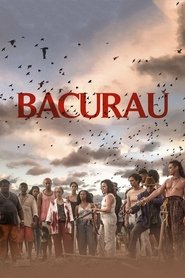 Bacurau a small town in the...
Bacurau a small town in the...Bacurau 2019
Bacurau, a small town in the Brazilian sertão, mourns the loss of its matriarch, Carmelita, who lived to be 94. Days later, its inhabitants notice that their community has vanished from most maps.
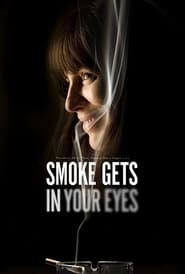 In So Paulo Brazil the lonely 40...
In So Paulo Brazil the lonely 40...Smoke Gets in Your Eyes 2009
In São Paulo, Brazil, the lonely 40-something guitar teacher Baby lives a tedious life in a low middle-class apartment. She is addicted to her only companions: cigarettes. Baby has a constant conflict with her two sisters, over a couch she inherited from their deceased aunt. When Max, a restaurant musician, moves to the next door apartment, Baby has a crush on him and sees a chance to have a life again. Soon they start having a love affair, and Baby decides to quit smoking. However, her abstinence will be tough to deal with, when she notices Max still misses his ex-wife.
 The tomboyish outgoing Julieta is the...
The tomboyish outgoing Julieta is the...Romeo and Juliet Get Married 2005
The tomboyish, outgoing Julieta is the daughter of a member of the Palmeiras soccer club board. She is constantly frustrated by what she sees as institutional bias against women in soccer. One day while watching her beloved Palmeiras, she is struck by a handsome man, Romeu, that she sees rooting for the Palmeiras' chief rivals, the Corinthians. After meeting the same man again in the middle of eye exam, Julieta and Romeu quickly become a couple. However, in order to avoid incurring the wrath of her parents, Romeu is forced to pretend to be an adoring Palmeiras fan, an increasingly difficult task for the die-hard Corinthiano.
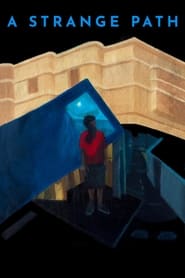 As a virus spreads throughout Brazil...
As a virus spreads throughout Brazil...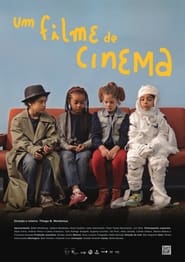
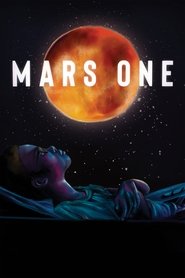 A middleclass Black family in Brazil...
A middleclass Black family in Brazil... In the 19th century Minas Gerais...
In the 19th century Minas Gerais...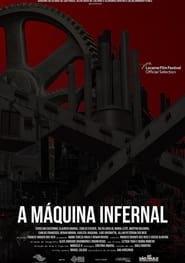 A tale about the apocalypse of...
A tale about the apocalypse of...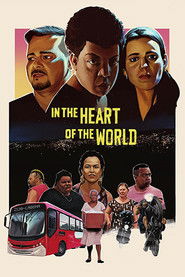 The inhabitants of the Brazilian city...
The inhabitants of the Brazilian city...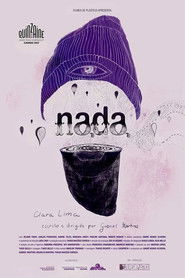 Bia just turned eighteen The end...
Bia just turned eighteen The end... Within me lives a silence At...
Within me lives a silence At...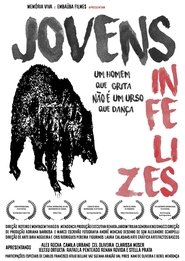 To start again one has to...
To start again one has to...